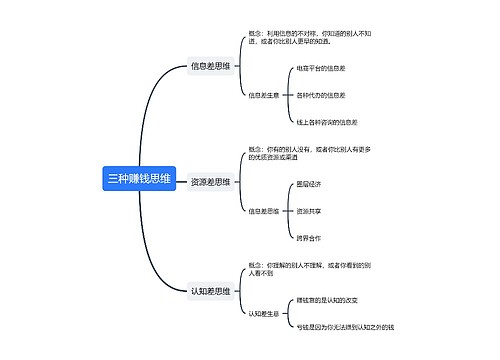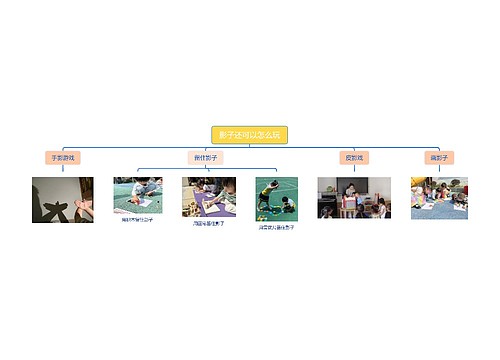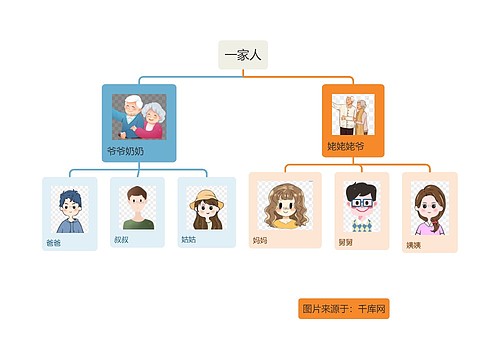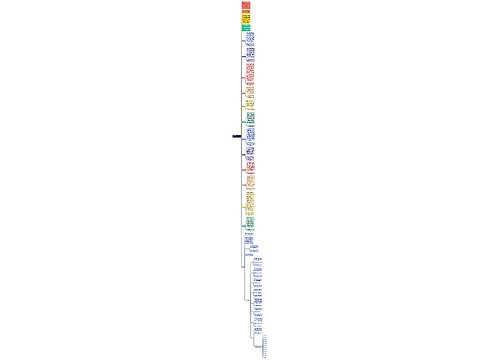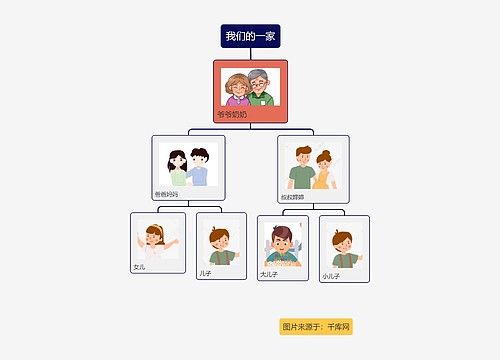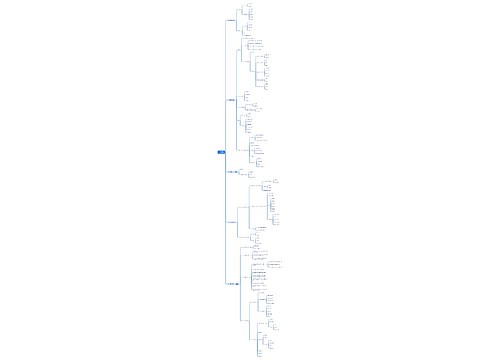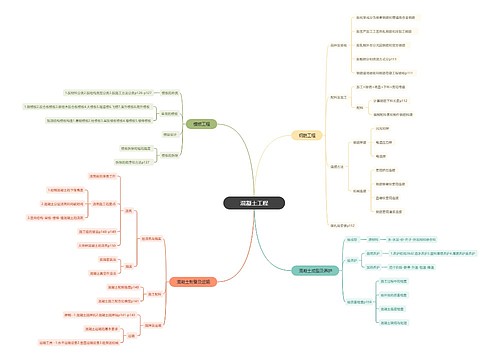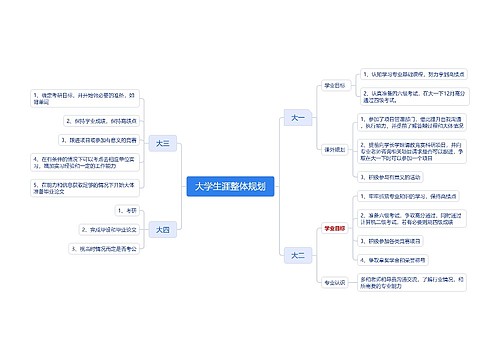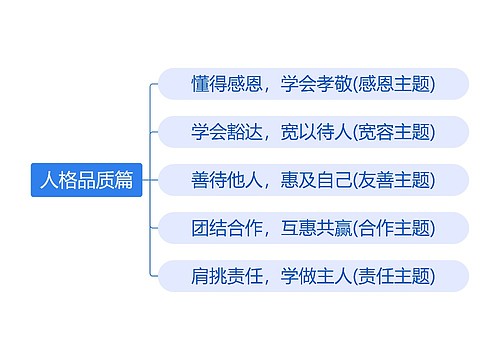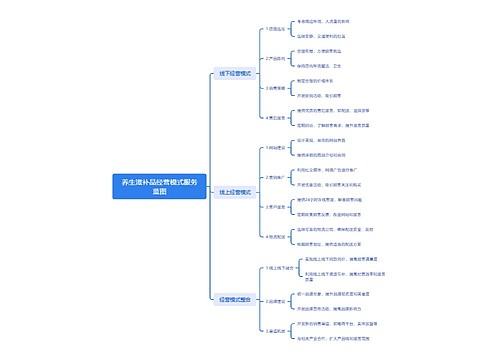
PartⅡ The Renaissance(1500-1660)思维导图
U550907133
2023-11-18

关注娱乐和奇观
黑色喜剧
成熟的历史剧
第二部分文艺复兴介绍
树图思维导图提供《PartⅡ The Renaissance(1500-1660)》在线思维导图免费制作,点击“编辑”按钮,可对《PartⅡ The Renaissance(1500-1660)》进行在线思维导图编辑,本思维导图属于思维导图模板主题,文件编号是:6de7c544c7909a3c8ba412e736e8e028
思维导图大纲
相关思维导图模版
PartⅡ The Renaissance(1500-1660)思维导图模板大纲
Chapter5 William Shakespeare
一、Renaissance
Definitions
①Originally indicated a revival of classical(Greek and Roman) arts and sciences after the dark ages of medieval obscurantism.
②The humanists studied and spread the ideas not in ecclesiastical knowledge, but in humans’ fight for themselves from the tyranny of the church and religious dogmas.
Historical Background
①The Renaissance began in Italy in the 14th century, then in France, then in Germany, then in low countries like Belgium, Holland, Luxembourg and finally in England in the 16th century.
②The reformers, scholars and humanists introduced classical literature to England.
3、Two Features of the Renaissance
①Thirsty curiosity for the classical literature.
②Keen interest in the activities of humanity.
Humanism was the keynote of the renaissance.
二、Humanism
1、Humanists began to emphasize the capacities of the human mind and the achievements of human culture in contrast to the medieval emphasis on God and contempt for the things of this world.
2、Thomas More, Christopher Marlowe and William Shakespeare are the best representatives of the English humanists.
3、Oxford and Cambridge became the center of English Renaissance.
三、 Literary Achievements
1、Poetry and poetic drama: the most outstanding literary form in the early stage of the renaissance.e.g. Sidney, Spencer , John Donne
2、The Elizabethan drama: the real mainstream of the English Renaissance.e.g.Christopher Marlow;William Shakespeare
3、Essay: Francis Bacon
四、Conclusion
1、Medieval England→Modern England
2、Feudalism→ Capitalism
3、Religion→Man
4、Agricultural→Manufacturing+ Trade
五、William Shakespeare(1564-1616)
1、introduction:
①English poet and playwright.
②The world's pre-eminent dramatist.
③England’s national poet and the Bard of Avon.
2、Life Experience
①Shakespeare was born in Stratford-on-Avon On April 23, 1564 and Died in 1616,Stratford.
②At the age of 7, Shakespeare was sent to the local grammar school.
③1582, Shakespeare was married to Anne Hathway and Worked as a well-known actor-playwright.
④1594, joined a “The Lord Chamberlain’s Men”and became its playwright.
⑤In 1599, the Globe was built on the south bank of the Thames, Shakespeare became its part owner.(1614,burnt)
3、Writing Career
①Period I(1590-1594)(A period of experimentation):
Historical play
Experimental/ romantic /lyrical comedy
Revenge tragedy
Romantic tragedy
Poetry
②Period II (1595-1600) (A period of rapid growth and development, mature period):
Great comedies
Mature historical plays
③Period III (1601-1607) (A period of gloom and depression)
Great tragedies →Tragicomedies(romances)
Dark comedies
4、Shakespeare’s Views on Literature
①Literature should be a combination of beauty, kindness and truth, and should reflect nature and reality.
②Literary works that have truly reflected nature and reality can reach immortality.
Shakespeare’s literary Characteristics
①The puritan influence tended to suppress literary art.(The puritans believed in simplicity of life and disapproved of the sonnets and love poetry written in previous period.)
②The flourish of the metaphysical school endowed poetry new and startling forms.
③In 1642,theatres were closed.The bible became the one book of the people.
④Restoration created a literature of its own that was of often witty and clever,but on the whole immoral and cynical.
⑤The French influence is most marked in the rimed couplets took the place of blank verse.
6、Shakespeare's Influence
①“ I do not remember that any book or person or event in my life ever made so great a impression upon me as the plays of Shakespeare.” ----Goethe
②He is “not of an age, but for all time!”---Ben Johnson
③All English writers of any importance were influenced either directly or indirectly, either in thought, content or in dramatic form or language.
7、Shakespeare's contribution
①Touch base matter and turn it to gold (idiom); fig. to turn crude writing into a literary gem.
②Knowledge of theatre and its artistic development.
③Good at creating characters.
④Attention to entertainment and spectacle.
⑤Be brave enough to experiment.
⑥The Magician of Language.
⑦A difficult mystery.
8、Four famous comedies
①A Midsummer Night’s Dream
②As You Like it
③The Merchant of Venice
④Twelfth Night
9、Four famous Tragedies
①King Lear
②Othello
③Macbeth
④Hamlet
10、Poems
①Shakespeare's Sonnets
②Venus and Adonis
③The Rape of Lucrece
④The Passionate Pilgrim
⑤The Phoenix and the Turtle
⑥A Lover's Complaint
二、appreciate a poem
Kinds of Poetry(In terms of content) :
①Lyrical Poems:Songs、odes、Elegy.
②Narrative Poems:Epics ( heroic poems)、ballads.
③Dramatic Poems:usu. in dialogue、in blank verse.
Kinds of Poetry(In terms of meter):
①Metrical Poems:Regular Rhyme、Regular Rhythm、Definite Number of Lines.
②Free Verse:Irregular Rhyme and Rhythm、Irregular Number of Lines.
③Blank Verse:Without Rhyme、With Rhythm.
3、Iambic Pentameter
①Pentameter:in poetry、a line of verse 、containing five metrical feet .
②In English verse, the preferred foot is the iamb—i.e., an unstressed syllable followed by a stressed one, represented in scansion as ˘ ́.
③In English verse, pentameter has been the predominant meter since the 16th century.
4、Blank Verse
①The major verse form Shakespeare used in his plays is blank verse.
②Blank verse is unrhymed iambic pentameter.
5、Sonnet
A 14-line lyric poem, usually written in rhymed iambic pentameter, and generally expresses a single theme or an idea.
6、Three basic sonnet forms
①The Petrarchan: An octave,rhyming abba abba and a sestet rhyming cde cde or cdc cdc (11syllables).
②The Shakespearean: Three quatrains and a couplet, rhyming abab cdcd efef gg (10syllables).
③The Spenserian: Three quatrains and a couplet, rhyming abab bcbc cdcd ee.
三、Sonnet 18
1、Voice: eternity of love and poetry
2、Sound: ①iambic pentameter
②abab cdcd efef gg
3、Format: sonnet
4、Structure:
①Stanza 1: You are beautiful.
②Stanza 2: Beauty could not fight against time.
③Stanza 3: Your beauty is eternal in my poem.
④Stanza 4: Poetry is eternal.
5、Figures of Speech
①simile、metaphor
②Personification、metonymy
③synecdoche、symbolism
④understatement、overstatement
⑤irony、oxymoron
⑥parallelism
6、Theme of this sonnet
①Poetry will bring eternity to the one the poet loves and eulogizes.
②On the surface this sonnet is a eulogy of his beloved, but it is also about poetry.
③The boast of immortality for one’s verse is a Renaissance convention. It is not egotism on the part of the poet, but a faith in the permanence of poetry.
四、Hamlet
1、The Elements of Drama
Plot、Thought、Character、Diction、Music、Spectacle、Conflict
Major Characters:Hamlet, Claudius,Gertrude,Polonius, Laertes, Ophelia
Plot: Hamlet’s revenge; love between Hamlet & Ophelia
Theme: multidimentional themes
Soliloquy:
①Definition:A character speaks out his thought without addressing a listener.
②Functions:
To give expression to a complicated state of mind and feeling of a character.
To provide a point of view on the events of the play.
7、Hamlet’s soliloquy
①Hamlet's endurance has reached the breaking point. His father has been murdered; His mother, married her dead husband's brother; his sweetheart, Ophelia, has been acting very strangely. He senses that she does not love him any more.
②Now, he's all alone. His black mood of despair is deepened by his inability to act - to do something to change the situation.
③Now he ponders whether to continue living - or to take his own life.
8、To be or not to be
①The relationship between human thought and action.
②The moral question of suicide in a malevolent universe.
③Growth of Hamlet’s character: from Renaissance to modern existentialism.
④It's human nature to feel cowardly and ineffective when you're unable to take decisive action.
查看更多
PartⅣ The Age Enlightenment思维导图
 U550907133
U550907133树图思维导图提供《PartⅣ The Age Enlightenment》在线思维导图免费制作,点击“编辑”按钮,可对《PartⅣ The Age Enlightenment》进行在线思维导图编辑,本思维导图属于思维导图模板主题,文件编号是:bfe346657c989e285f07c952da6feb15

Issues to be Addressed by Vietnamese Resource Party思维导图
 U540659344
U540659344树图思维导图提供《Issues to be Addressed by Vietnamese Resource Party》在线思维导图免费制作,点击“编辑”按钮,可对《Issues to be Addressed by Vietnamese Resource Party》进行在线思维导图编辑,本思维导图属于思维导图模板主题,文件编号是:3cebade4df4fd3c0963cf76a63fd765c

相似思维导图模版
首页
我的文件
我的团队
个人中心
